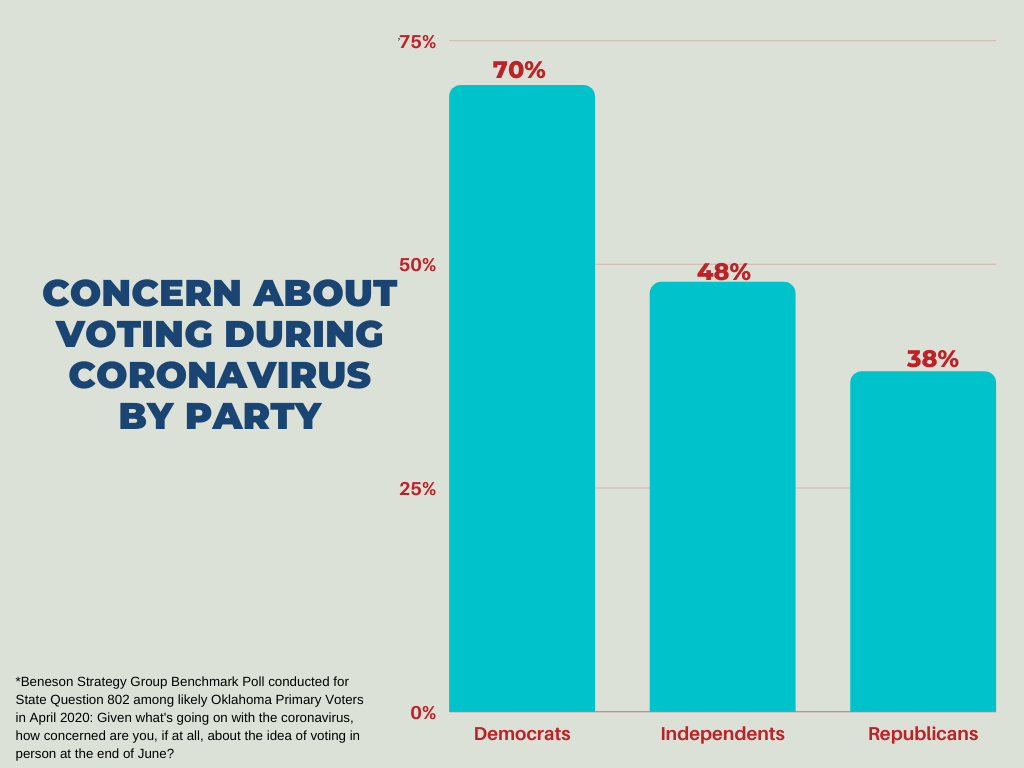Grief is a funny thing.
Out of the fog of our brokenness, oftentimes the greatest clarity can emerge.
I’m finding that currently as I walk the journey of losing my precious niece Savanah. She was 28 years old with her whole life ahead of her when she died. The emptiness of losing her is indescribable.
It’s been two months, and our family still awaits a final autopsy report that may or may not reveal the clinical cause of her untimely death. But I don’t need an autopsy report to confirm what I feel deep in my bones—that our broken politics played an outsized role in her poor health outcomes that ultimately killed her.
In the eulogy I wrote and delivered at her memorial service, I alluded to a political system that failed her and offered up the only solution I know powerful enough to end the division and disconnect between us—the power of love.
Here’s part of what I wrote:
I’m afraid my view on the broken politics of this country that ultimately failed my sweet niece isn’t going to bring comfort to those gathered today. To talk about the injustices she faced in her short life would just be too uncomfortable. To actually name those injustices would be unbearable right now and while ultimately, I believe it will be important to speak the truth about those injustices and the broken politics of our nation that would lead to this tragic ending, I want to focus on the only thing that will heal all of us here today--and that is love.
Savanah’s Christian faith taught her to place love above all else. She did that until the very end. If we are to honor her life moving forward, we will put love above all else in our own lives.
We will use love to mend our broken hearts and move forward from this tragedy.
And by the way, we must also use love to repair the broken politics that has divided this country. We must use love to rid the injustices in plain sight within our communities and we must use love to mend our families back together.
It’s the only way.
You might be thinking, “What does love have to do with fixing income inequality, economic disparity, racial injustice, access to healthcare, ending a pandemic, addressing our climate crisis, repairing our education system and investing in infrastructure that ensures clean drinking water, safe roads and bridges and internet connectivity?”
Everything.
You don’t need to identify as a Republican, Democrat, Independent, Libertarian or whatever else to agree that the way we talk about the people, politicians and organizations with which we disagree these days is dehumanizing, void of empathy and absent of love. There is a disconnect between us that only serves to further poison our politics and ruin the institutions that our vital for a democracy to survive.
Just this week I saw someone I love refer to the Speaker of the US House as an “evil witch”. Some people are downright giddy over the fate of the insurrectionists who stormed the US capitol building, and fail to see and refuse to admit the pain and trauma in the insurrectionists' own lives that could lead to this sort of desperate behavior. And this morning, I read a final newspaper column from a journalist that is walking away from his trade—tired of the divisive nature hurled toward those in his chosen career and its impact on his own mental health and personal relationships.
Gone are the days where we disagree with someone’s personal politics and still see that person as human.
So how then, when we can’t see each other as humans or empathize with the pain that is behind the desperate language and behavior, can we forge a path of compromise that could lead to deeper conversations and better policy solutions?
Without the ability to truly “love our neighbors as ourselves”, I just can’t see a way forward.
The clarity for a solution to this problem has been so hard for me to ignore that I’m currently working on a project that’s been on my heart and in my head for longer that I care to admit, but was both too scared and too distracted to launch.
Not any longer.
I feel a real calling to play a role in restoring civility among us so that better policy solutions can emerge and be passed into law. I feel called to help remove the disconnect between us and show that the connections we share are greater and more powerful than what currently divides us. And I believe I owe it to my niece to bring this project to life.
I don’t have a complete picture of exactly how this project will happen. That’s okay.
The clarity of purpose is enough to keep it alive for now.
My beautiful Savanah Michelle









